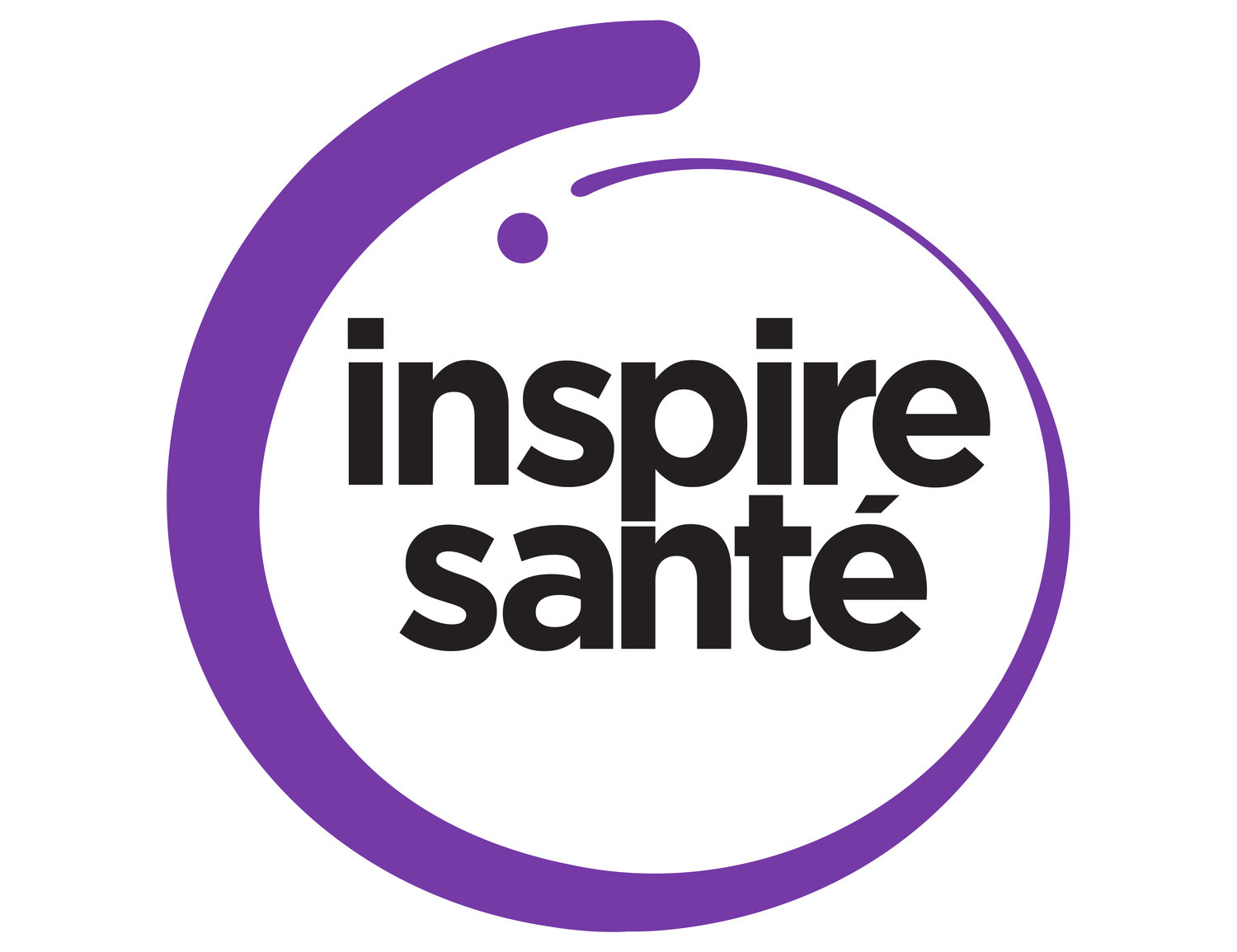A few bad apples: Don't let a rotten provider stress you out (& find a better one!)
/Sometimes, I leave a doctor’s appointment and think “gawd, that was an awful experience.” And for most patients, bad experiences equal bad doctors. The doctor may be brilliant, published, and well-respected, but if she’s rude, condescending, or freaks me out, she gets a failing grade from me.
My mother got breast cancer when she was 42, which means I’m on my providers’ radar as being high-risk. So last year, I saw a breast cancer geneticist at my local hospital. Her office was in the cancer center, and the waiting room filled with cancer patients had me chewing my nails before I even met her. Depending upon how this appointment went, would I someday be one of those patients? Your mind wanders to deep, dark places in such situations. A nurse eventually called my name and brought me into a treatment room. She handed me a paper shirt and instructed me to put it on before the provider met with me.
The provider soon arrived, shook my hand, and sat down at her computer. She asked questions but cut me off before I finished answering. She explained that I was too young for her to run all three risk analyses, so she could only run one with the “data” I provided. Her risk model told her that I had a 26.4% lifetime risk of getting breast cancer. She did a breast exam, reported that everything was fine, and instructed me to begin twice yearly mammograms. She left the room, and the nurse returned with my paperwork.
After I digested the appointment, I emailed her: “Why not get breast MRIs instead? That’s what I had last year when they found a lump, and I’d prefer to avoid the radiation.” She responded that yes, MRIs provide higher-quality images, but she didn’t order them because they’re difficult to get covered by insurance. I was pretty upset. Why wasn’t I involved in decision-making that involved my ability to pay or my insurance? Perhaps I would’ve chosen the better test, even if it had a higher price tag.
I tossed her paperwork and got to work finding a new doctor. If my plan is to be diligent in my preventive care, then I wanted a provider who’d be with me for years to come.
Take Two
Thankfully, my second appointment at a different facility, the University of Chicago Hospital, where they had a high-risk breast cancer genetic center, went gloriously. The waiting room was full but shared among all disciplines, and I was brought into a room quickly. I was soon met by a genetic counselor and a resident, who were exceedingly friendly, listened intently, and took a thorough history. After an hour of chatting, they left and were replaced by the doctor, who had spoken with them and drawn up a proposed plan. She asked about my concerns, risk tolerance, and my life. She began to understand that, after years of chronic illness, I wanted as little contact with the medical system as possible at this point in my life. She explained that the “risk models” used to estimate breast cancer risk often grossly overestimate it, and that they’re numbers largely driven by a need to get insurance companies to pay for care.
Her plan? Visit her office once yearly for an MRI and a mammogram. Typically, if a patient has one of those tests and there’s a questionable area on the images, they’d order the other test for a more complete picture. I’ll have them on the same day to avoid unnecessary trips to her office, anxiety, or testing. Also a trained gynecologist, she suggested I get my annual exam from her on the same day, avoiding yet another separate appointment. She suggested that I begin testing this year, but based upon my history, she thought it would be very reasonable to delay screening until my illness was farther in my rearview mirror. Her focus is upon balancing her patients’ quality of life with their need for preventive screening. I’d found my doctor.
When I was sick, I settled for a lot of mediocre or downright crappy providers. Some didn’t listen, others rendered painful care, and a few stopped returning my calls when they couldn’t “fix” me. I thought that, as a patient, this was my plight. Everyone knows that being sick sucks, and dealing with the doctor-patient power dynamic is part of that. Patients want something from their doctors, and if you’ve managed to find your way into a physician’s office, you’re more fortunate than many (especially pre-Obamacare).
I had it backwards.
Here’s the thing: those providers didn’t help me recover, and I had it all wrong. Patients are the consumers in healthcare – the reason providers are in the business of healing, and the arbiters of who is and isn’t a “good” doctor. Being sick sucks, yes – but merely interacting with a provider shouldn’t! It should feel reassuring, like you have a superhero with healing powers in your corner. There are so many fabulous, brilliant, compassionate providers out there. If you’re suffering with an illness and from a bad doctor, consider the possibility that somebody better is waiting to be your healer. For me, that’s been the case so.many.times.
Happy healing. As always, reach out with questions, comments, or stories of your own.
Erin, erin@inspiresante.com
© 2017 Inspire Santé, NFP








